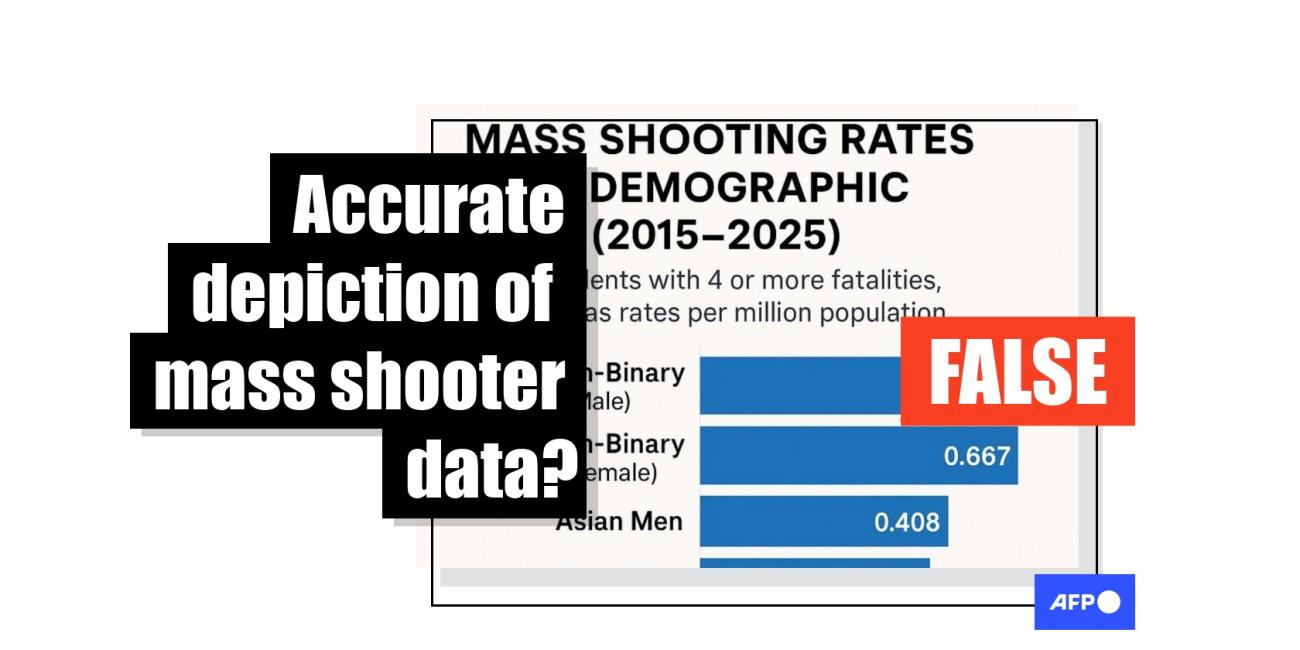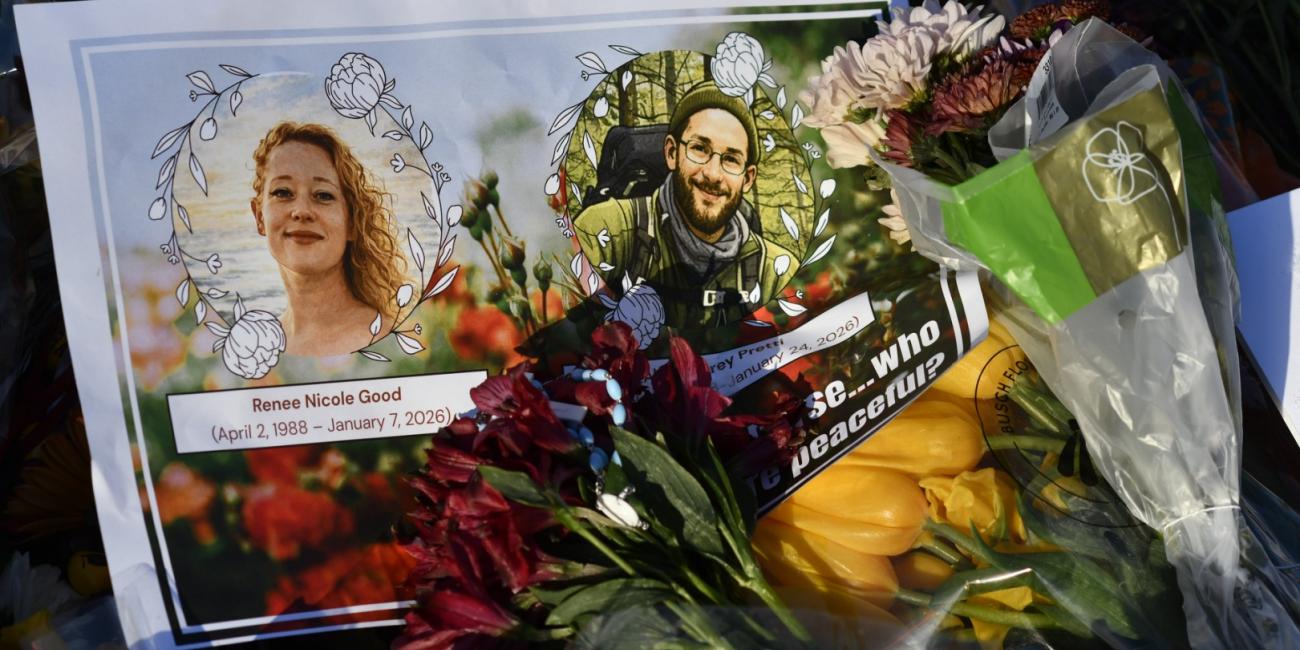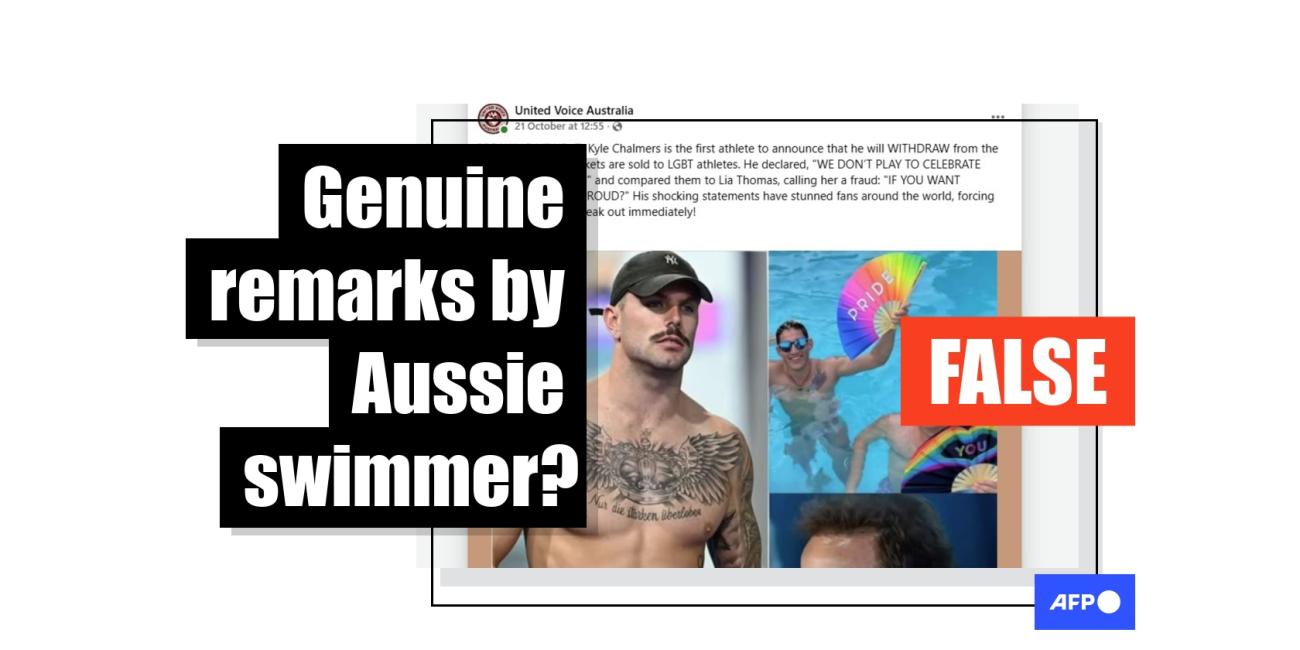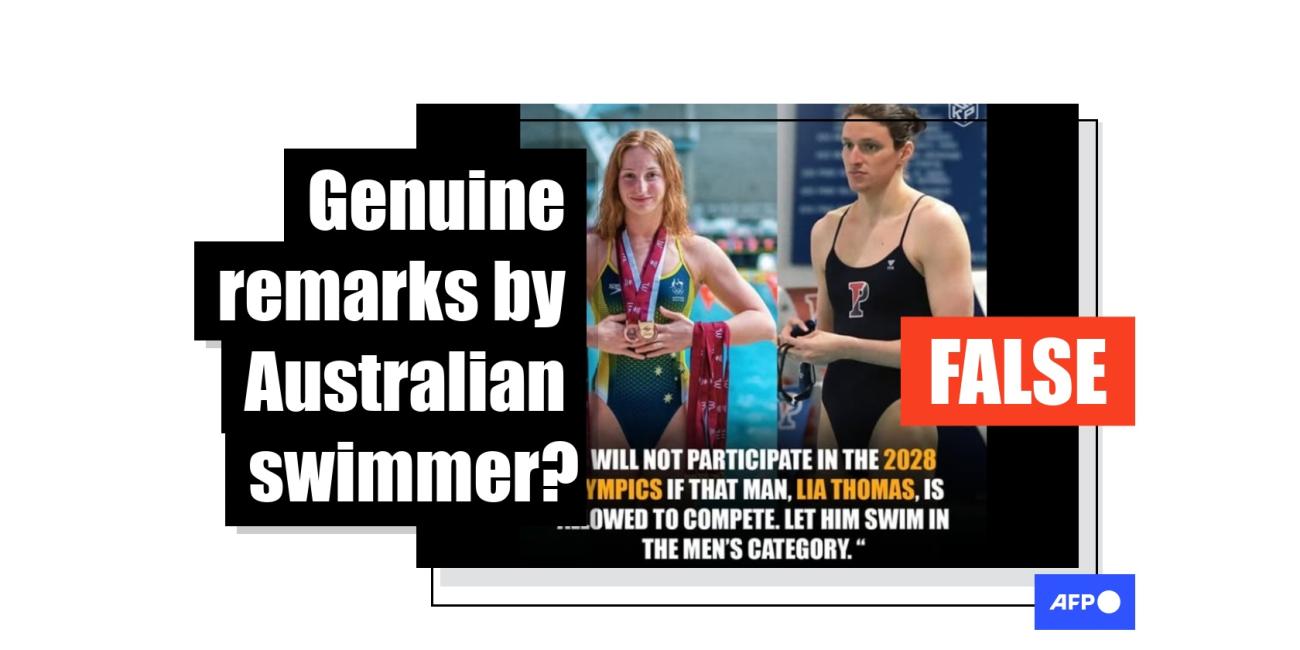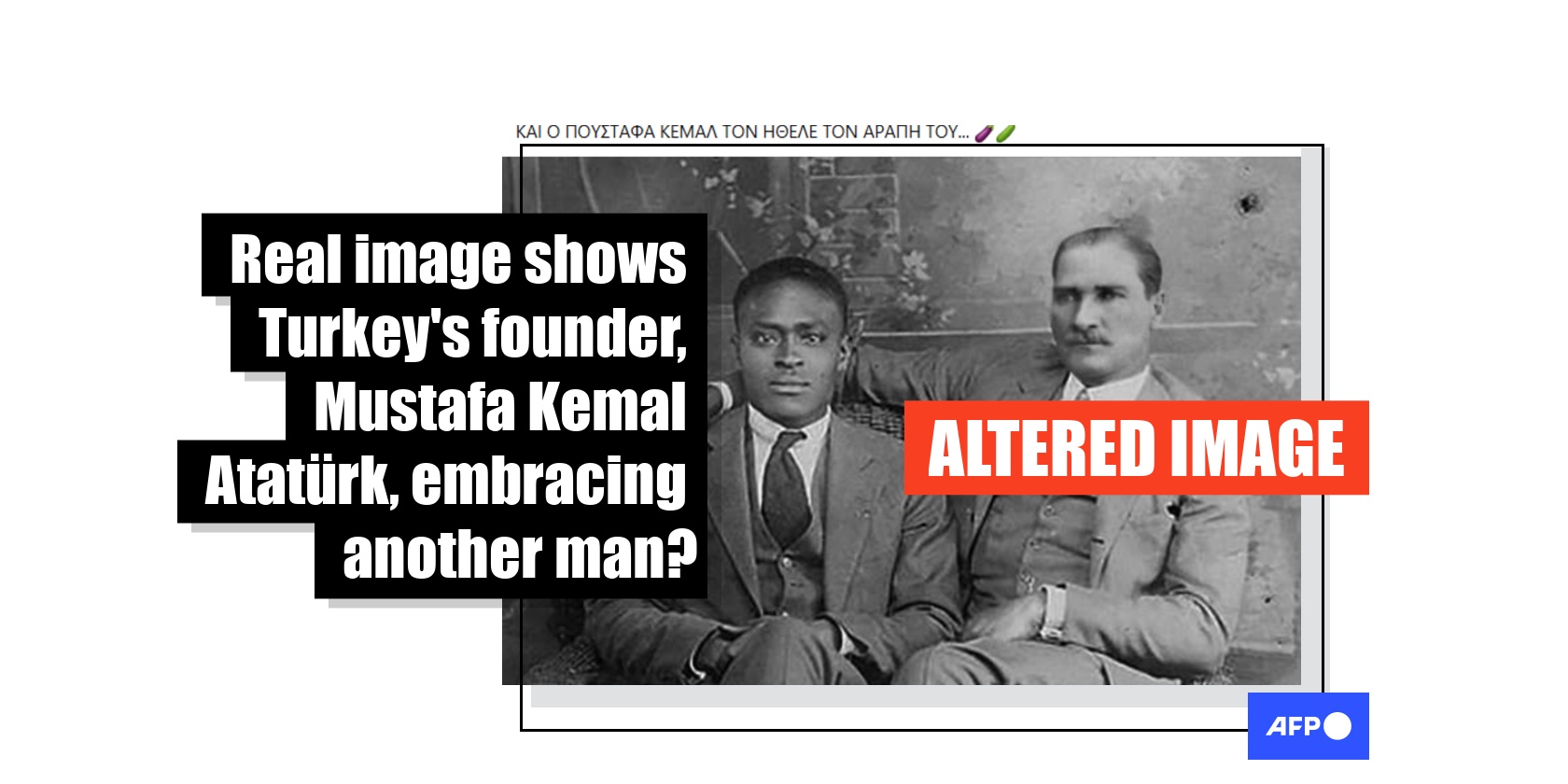
Photo shows two African American men in the 1920s, not Turkish politician
- Published on April 7, 2025 at 12:33
- 3 min read
- By Magdalini GKOGKOU, AFP Greece
This X post from March 28, 2025, posted an image of two men, with the one embracing the other and implied in the caption in insulting and homophobic language that the photo depicted Kemal Ataturk and proved he was gay. The post was shared more than 100 times.
The same claim, accompanied by the image in both color and black and white, was shared by other users on Facebook (here, here and here) and X (here and here).
While some users claim the photo is fake or AI-generated, many others posted insulting and homophobic comments about the founder and first president of the Republic of Turkey, Kemal Ataturk, being gay. "The killer in garters," is one of many such comments.
The image circulated in Greece just days after Greek Independence Day on March 25. During the military parade, cadets from the Hellenic Navy Petty Officers School chanted an anti-Turkish slogan, sparking mixed reactions in the ruling New Democracy party. "While some party members defended the cadets, others, including Foreign Minister George Gerapetritis, expressed concern over escalating tensions with Turkey," Kathimerini newspaper reported. In response, the armed forces' leadership launched a formal Administrative Inquiry under oath.
The incident reportedly prompted Turkey to request an explanation from Greece at a diplomatic level, the official Anadolu news agency reported.
Disinformation targeting the LGBTQ community frequently circulates online in Greece, intensifying after the legalisation of same-sex marriage and adoption in February 2024. AFP has previously debunked many such claims, for example here, here and here.
Additionally, Turkey and Islam are frequently the targets of misleading or false claims, many of which have been debunked by AFP (here, here and here).
However, the image was altered to include Ataturk's face. AFP traced the original image to a collection documenting African American male couples with photographs from the middle 19th century to the late 20th.
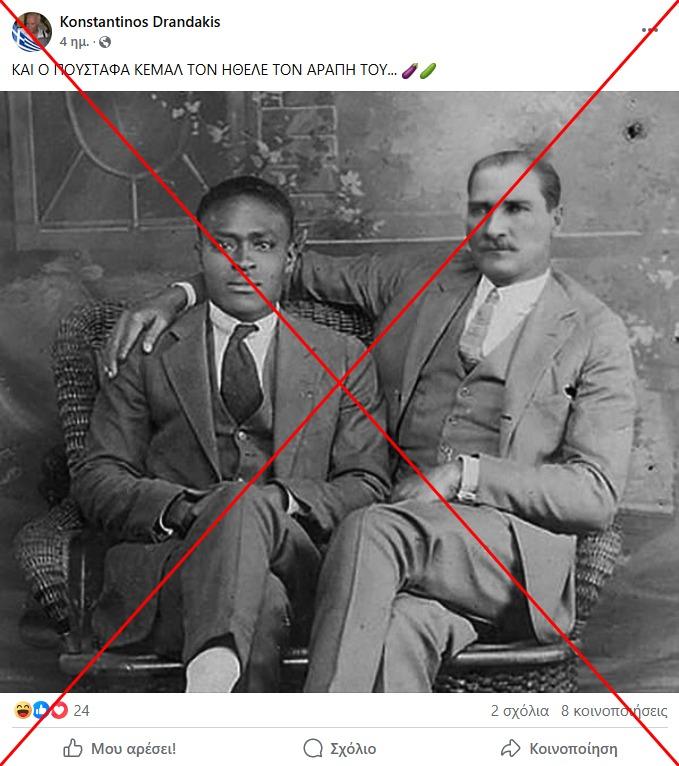
Photographic essay of Afro-American male couples
A reverse image search revealed that the original photo appeared on the cover of Issue 7 of the gay poetry journal called "Assaracus". According to Amazon’s description, "Issue 07 features a cover photograph donated from a collection called 'Hidden in the Open,' curated by Trent Kelley".
AFP contacted the journal’s editor, Bryan Borland, to inquire about the photo’s origin. On April 1, 2025, Borland shared part of his last communication with Kelley dating back to 2012.
He told AFP that Kelley's email was a response to his inquiry at the time about how the photograph should be credited in the journal.
"Please attribute the photos to me, Trent Kelley, curator of Hidden in the Open: A Photographic Essay of Afro-American Male Couples," Keller wrote in his email. He also noted that the photographs, including the one in question, "date from the middle 19th century to the late 20th".
The collection was about "gay men of African descent who generally participated in their larger ethnic community out in the open but with their same-sex affectionate relationships only known to those who knew them such as close friends and family".
Another reverse image search led to Trent Kelley's Flickr account (archived here), where the original photo was posted in 2010 with the description: "Affectionate Afro-American Men, 1920s."

We also found the image on the Bridgeman images website, credited to "Prismatic Pictures / Bridgeman Images". A spokesperson from Bridgeman Images, a company that specialises in licensing fine art, cultural, and historical images, told AFP on April 2, 2025, that "the photograph in question comes from one of our content partners, but we do not claim to have exclusive rights to it".
The photo was also published in a 2012 article by Kelley published by Vice Media Group.
The story about his collection was also featured in an online magazine about photography and visual culture.
In this article, Kelley was described as an "amateur historian and playwright" who had built his archive from vintage group portraits of African Americans that he "purchased on Ebay, at flea markets and at estate sales" in a bid to combat racial discrimination and encourage African American men to embrace their emotions.
The same information was published in a 2014 New York Times article featuring Kelley's collection.
AFP tried to contact Kelley but did not receive a reply by the time of publication.
All AFP fact-checking articles about the LGBTQ community can be found here.
Copyright © AFP 2017-2026. Any commercial use of this content requires a subscription. Click here to find out more.
Is there content that you would like AFP to fact-check? Get in touch.
Contact us
